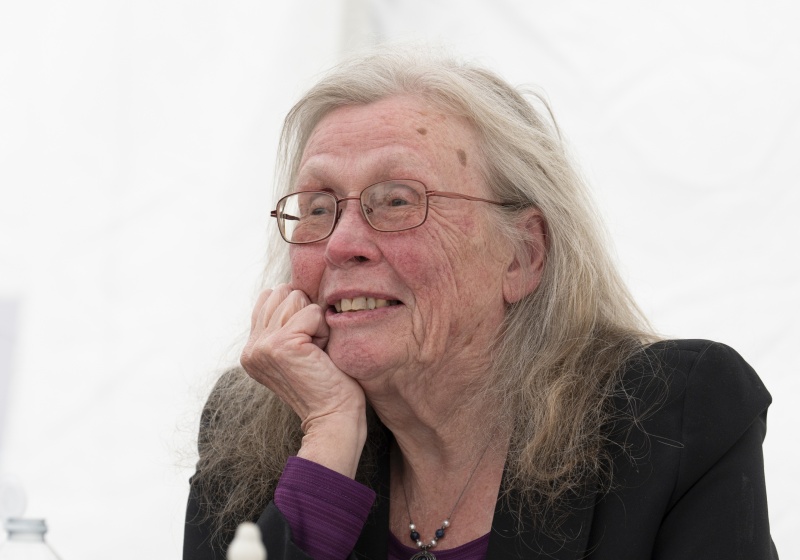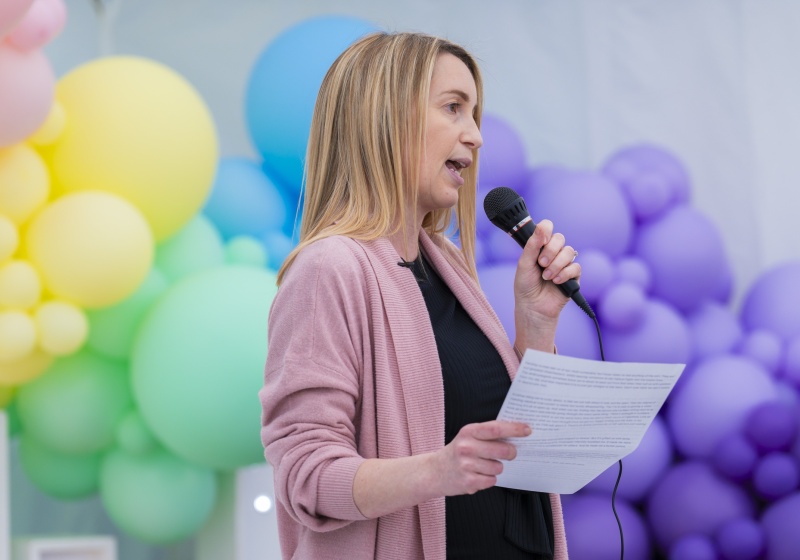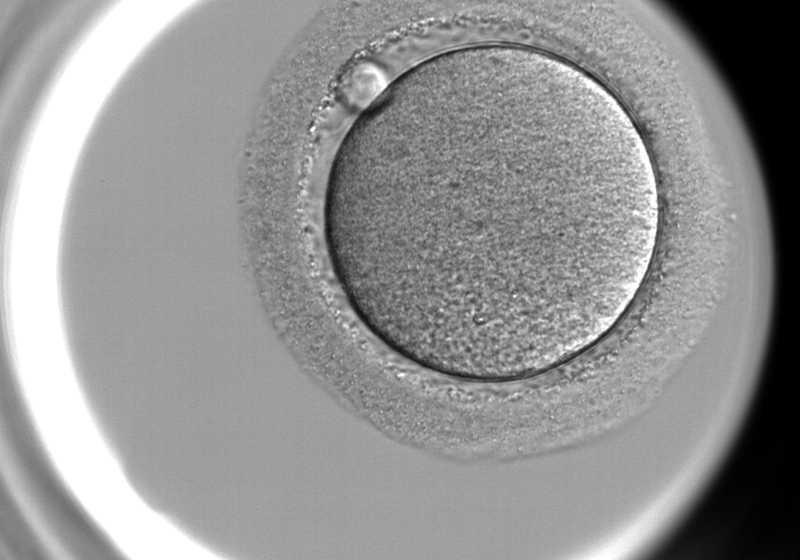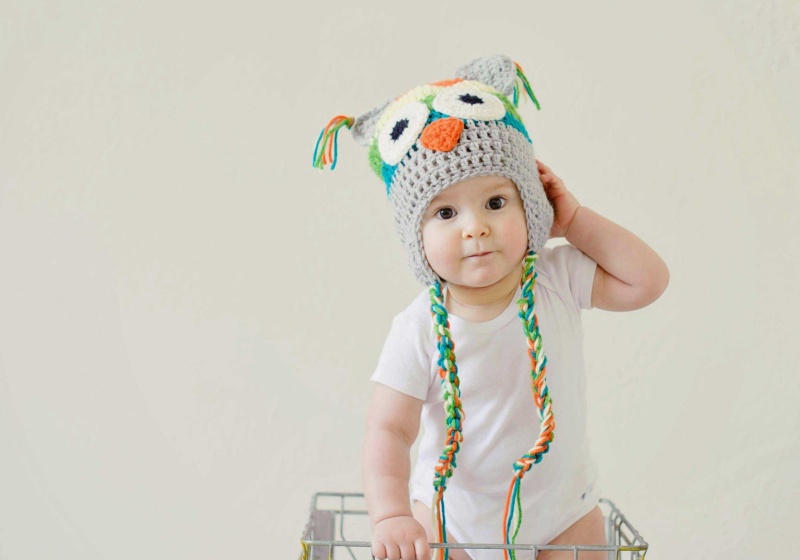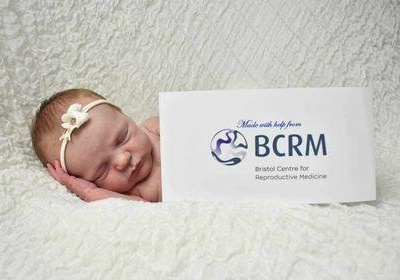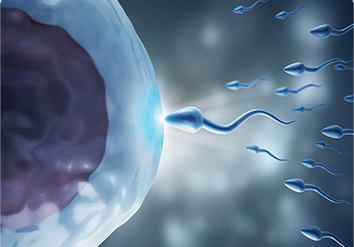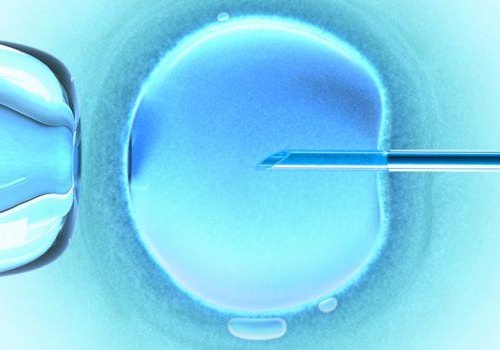News & Blog
Parents and their IVF babies born over the last four decades gathered in the grounds of BCRM’s clinic at Aztec West in Bristol on Saturday (20 April) to celebrate 40 years of ‘Made in Bristol’ babies.
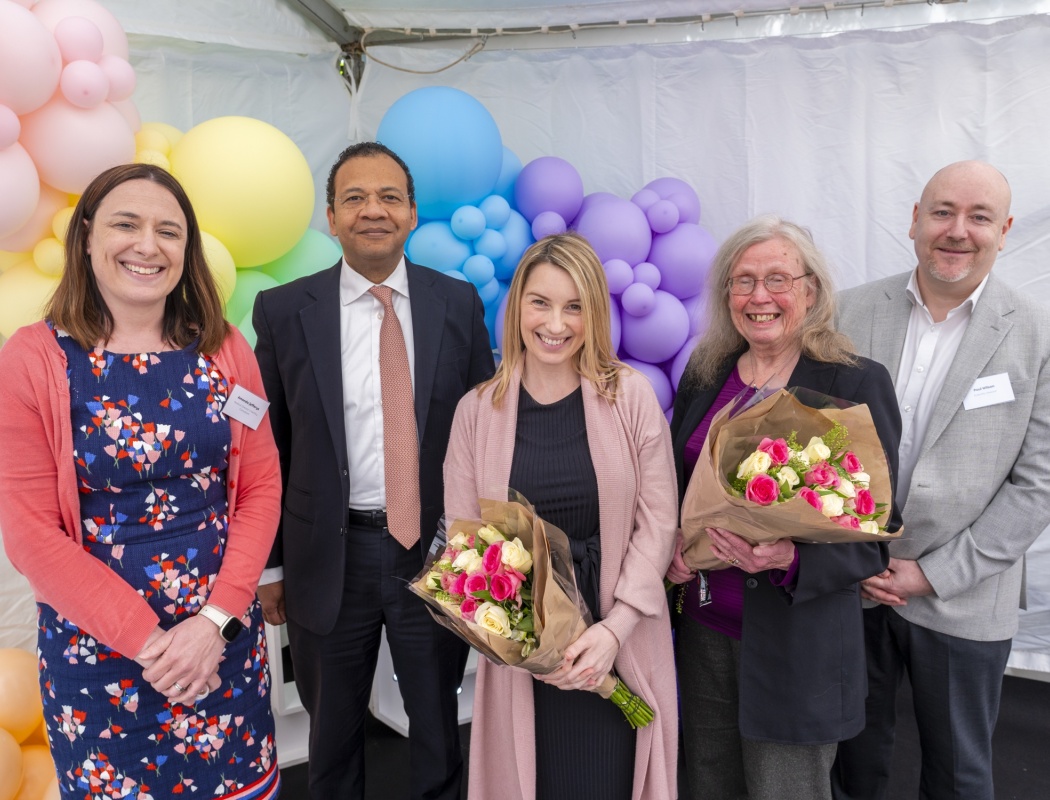
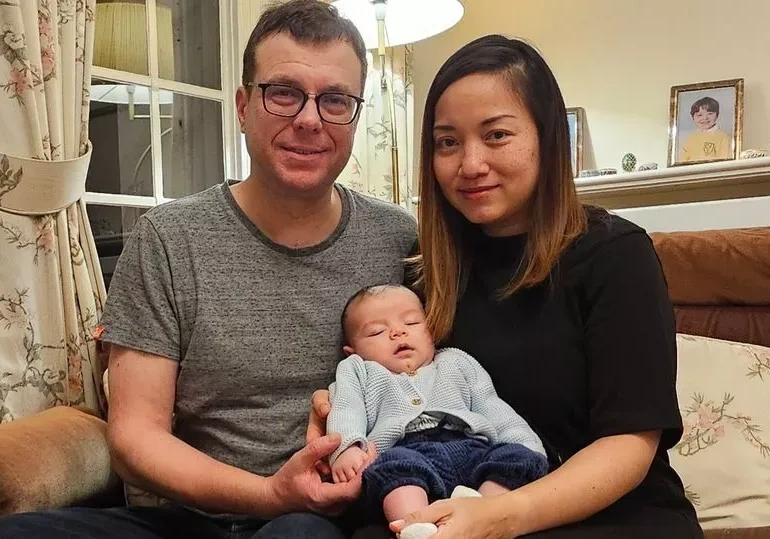
Although they were united by their desire to have a baby, the mixed Thai/British heritage of would-be parents Jarmmy and John Greenwood gave the couple a broader-than-average perspective when they were researching how to approach their IVF treatment.
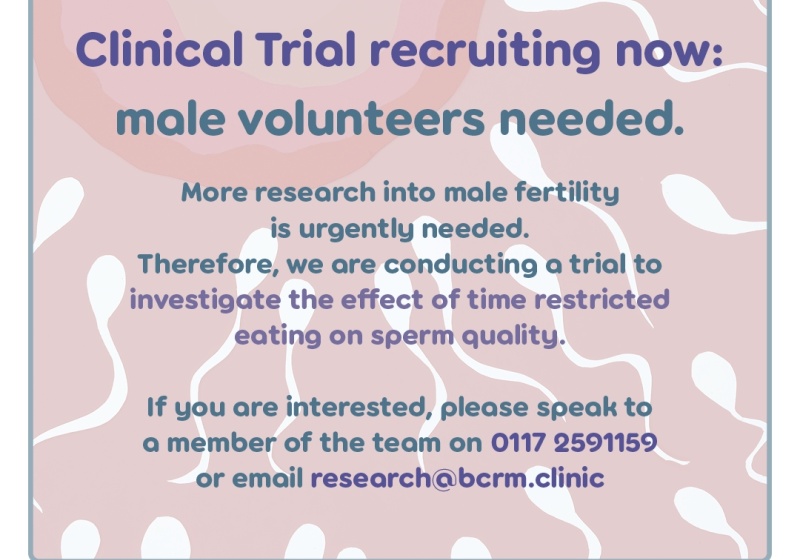
Intermittent fasting is an emerging field with a growing range of health benefits including weight loss, better blood sugar regulation, improved hormone levels and a healthier gut. As time restricted eating (TRE) has a positive effect on many parts of the body, including female reproductive systems, there is potential that it could influence sperm production, however, this has not yet been investigated.
